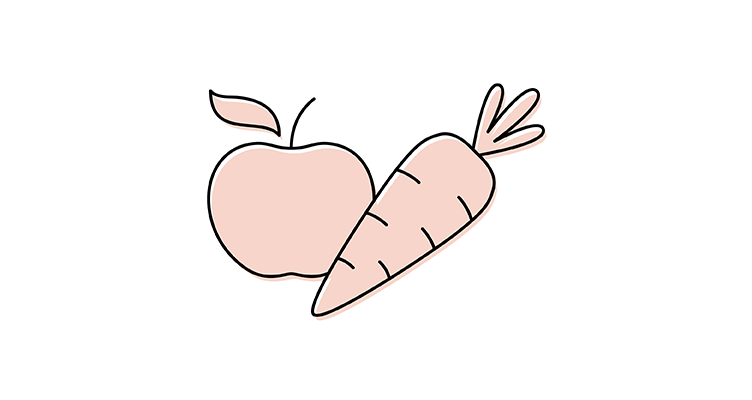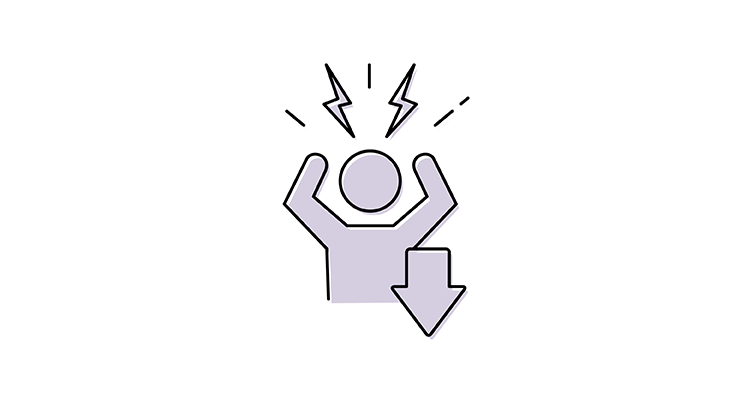What causes these bony growths?
What are these bony growths in my mouth?
Many people are unfamiliar with mandibular and palatal tori, which are forms of benign bony growth that can develop inside of your mouth. Tori are normally harmless and symptomless, and they are actually quite common in the U.S. population. That’s why it is important to understand what these bumps are and what difficulties they may cause you, if any.
Mandibular tori are bony growths located along the inside of your jaw.
Palatal tori are bony growths that occur on the roof of your mouth.
-

Genetics
-

Teeth grinding and jaw clenching
-

Trauma to the jaw
-

Lifestyle factors, such as a deficiency in any essential vitamin or consuming too much calcium over a long period of time
Since genetics are a factor, be sure to tell your dentist if your family has a history of mandibular or palatal tori.
Signs, symptoms, and risks
In most cases, there are no symptoms and tori will go unnoticed until your dentist diagnoses them during an exam. If you do experience symptoms, you may notice inflammation of the gums, irritated tonsils, or unusual jaw and throat pain.
The soft tissue that covers the tori may be thin and easily damaged, which means hard food, brushing, and flossing could cause some bleeding and pain. Tell your dentist if you often experience one or more of these issues, and be sure to clean any bleeding or raw areas to prevent infection.
The good news is that there is no major health risk. In almost all cases, these bony growths develop gradually and do not have any potential to cause serious harm.
How can you prevent mandibular tori?
You can’t do much about your genetics (except inform your dentist), but there may be ways you can reduce your risk of developing these bony bumps. Two potential strategies:
Reduce your stress.
Teeth grinding is a common reaction to feeling overextended and it may contribute to tori. If you grind your teeth because of stress, try to alter your routine to include breaks, yoga, meditation, exercise, or anything else that will help you relax.
It’s also common to clench down on your teeth or grind them while you sleep — if that sounds like you, ask your dentist about getting a nightguard.
Learn more about the link between your stress and your oral health.
If you have mandibular or palatal tori — what’s next?
It’s possible that either type of tori may need to be removed if they will interfere with certain dental procedures like implants, bridges, or dentures. But it’s more likely that no action will be required.
Usually tori do not cause harm, interfere with daily activities, or create problems with dental treatment. Which is great news — that means no intervention is needed! However, make sure you speak with your dentist about having tori removed if they cause you pain or discomfort, or if they interfere with eating, drinking, speaking, or cleaning your teeth.
If you are interested in safeguarding your oral health, it is best to focus on brushing twice with fluoride toothpaste and flossing once daily. This won’t prevent tori, but a regular oral health routine will decrease bacteria in your mouth and reduce the risk of cavities and gum disease, which cause far more harm.








